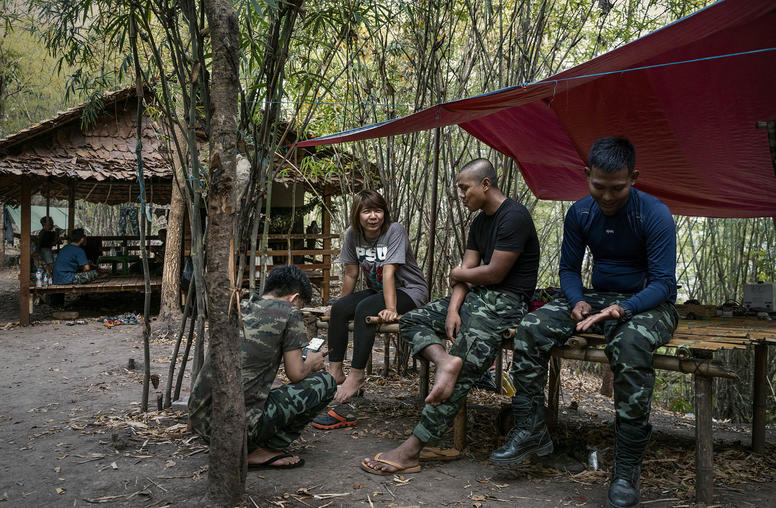Burma's Economy on the Eve of the 2010 Elections
The elections planned for 2010 could be a game-changer for Burma, with the economy presenting a viable point of entry for effective and lasting reform. Drawing from his December 2009 visit to Burma, Joseph Stiglitz discussed his perspectives and outlined how economic reform could help promote both lasting peace and sustainable, conflict-sensitive economic progress.
USIP's Center for Sustainable Economies and the US-ASEAN Business Council hosted "Burma's Economy on the Eve of the 2010 Elections: A Conversation with Joseph Stiglitz." Stiglitz is the 2001 Nobel Laureate in economics and a professor at Columbia University.
The elections planned for 2010 could be a game-changer for Burma, with the economy presenting a viable point of entry for effective and lasting reform. After decades of military rule characterized by governance challenges, human rights concerns and weak economic performance, relatively little is known about the workings of Burma's economy and its relationship to political violence, corruption and human security. Drawing from his December 2009 visit to Burma, Professor Stiglitz discussed his perspectives and outlined how economic reform could help promote both lasting peace and sustainable, conflict-sensitive economic progress.
Speakers
- Dr. Joseph Stiglitz
Professor, Columbia University - Ambassador Richard Solomon
President, U.S. Institute of Peace
Explore
- View the PowerPoint presentation Joseph Stiglitz gave in Burma during his December 2009 visit



